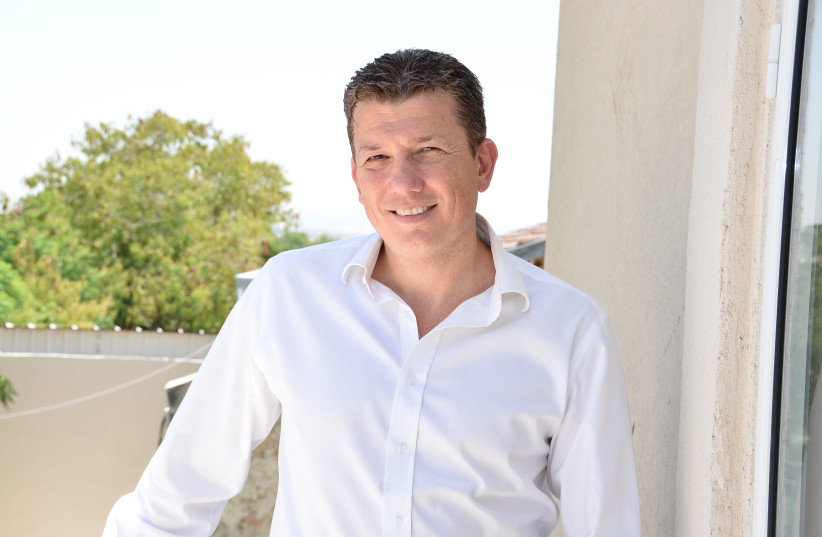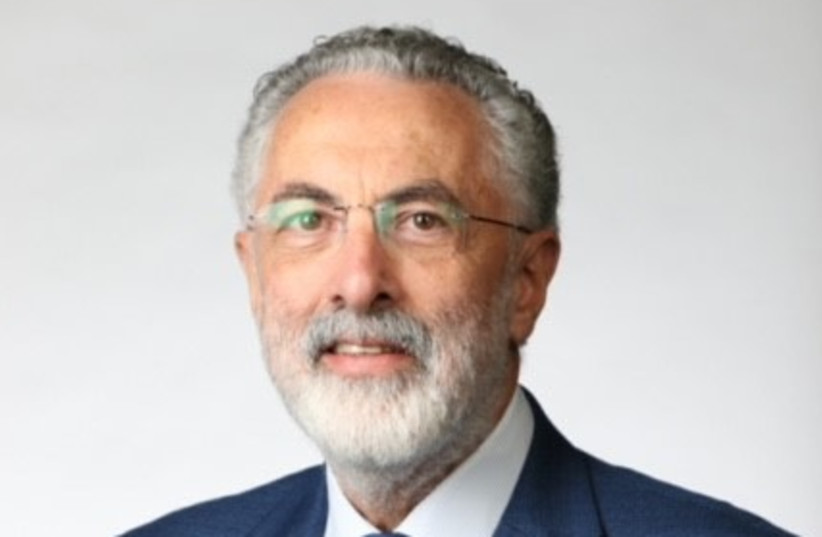Everybody might have a hungry heart but, if you count teeth and bones as one entity each, everybody also needs another 77 organs to get us through the day.
Each organ is a group of tissues joined together for a functional purpose: the heart pumps our blood, lungs keep us breathing. And, crazily, cancer can hit each one: it can penetrate the pancreas, or set up camp in the kidney, or the eyeball, or the womb. Cancer causes cells to multiply faster than you can say “Omicron”; the disease can spread throughout the body, shutting down organs on its way.
The first known case of cancer, recorded on papyrus in 1500 BCE, documented eight tumors on the breast.
The “fire drill” treatment was palliative only; ancient Egyptian doctors knew that the hot instrument that cauterized affected tissue would not heal the patient. Cancer, so went the belief, was caused by the Gods.
Hippocrates disagreed: cancer, he suggested, was from an excess of black bile; neither praying nor the greatest ancient Greek physicians could do too much to help.

Luckily today, thanks to modern medicine and technology, most cancers are treatable and beatable. Still, and I know this on my skin, sitting with an oncologist and hearing about protocols and preliminary tests, chemo types and reactions to radiation can send even the strongest patient and his family spiraling into anxiety. What did he say we have to do first, after we stop falling apart? Is the MRI before or after Gemcitabine?
The co-founders of Belong.life, a global patient management and research platform, know the feeling of helplessness: Eliran Malki, CEO, Irad Deutsch, CTO, and Ohad Rubin, CFO and COO, have all had their own personal pain with this ubiquitous bloody disease. All three were already highly successful hi-tech entrepreneurs with big data exits and patents and products, but even they were compelled by the overwhelming sense of where-the-hell-do-I-turn-for-help that hits even the most accomplished patients and their families at the dreaded news.
Steve Jobs declared that he needed a quarterback to manage his treatment for a rare form of pancreatic cancer; his wife had the resources to bring in a team. Most people, however, deal with tests and treatments and endless paperwork alone, while trying to keep running their homes and looking after their kids and earning a living. Then suddenly the patient takes milk out of the fridge and drops it in pain; who knew that lifesaving drugs can cause numbing neuropathy? Where do you turn for a solution?
“The three of us sat together at dinner,” recalls Malki, “and we thought there must be a way to make navigating the process easier for all. We decided to put our serial experience together to help patients and their families all over the world find solutions instantaneously and for free.”
After a “love at first sight” meeting with Dr. Daniel Vorobiof, they co-opted him as medical director of their newly formed company; his extensive experience in running an oncology center in Johannesburg, as well as the over 120 peer-reviewed articles he has published, positioned him perfectly to push the concept forward.
BELONG.LIFE STARTED in 2015 with the aim of beating cancer together; it fast became the world’s largest social and professional network of oncology patients, family and caregivers, all looking for support and knowledge.

Today more than a million users regularly log on to the 12 available apps in English, Hebrew, Spanish and French, supported by some 60 technical staff and 200 volunteer physicians and medical experts.
Patients connect (completely free of charge) from the comfort of their couches and ask why their bones are aching, or their mouths are dry. Oncologists answer within 48 hours; side effects and what to do about them can be found in Frequently Asked Questions. “COVID and Cancer” has been a hot topic recently; everything you need to know can be found on the site.
Leukemia patients, for example, are directed to each other; circles of interest are formed around nutrition, social needs, dealing with pain.
Everyone logs on under a pseudonym, which both protects privacy and makes it much easier to ask sensitive questions: can chemotherapy be passed to my partner through sex? (It can’t.) Patients discuss what is euphemistically called “financial toxicity” – going broke on top of everything else – or the crushing burden of crazily expensive care which is not guaranteed to work.
An easily accessible blog has become a lifeline for some housebound patients; one confided that chatting to others caused her to change her mind about killing herself.
Buoyed by the wonderful feedback and burgeoning numbers, Belong is growing in all directions.
Technical teams trawl the world for clinical trials; within seconds patients can get information on what’s new. Belong has provided a clinical trial matching service to over 20,000 patients so far.
There are now apps and communities for Crohn’s disease and other inflammatory bowel diseases and multiple sclerosis; the aim is to add more medical conditions and languages, reaching some 20 million patients in the next few years.
Patients and their families can manage their records from their phones – no more fumbling with huge files of papers that disappear just when you need them most. Test results, treatment plans, hospital records can all be stored with ease, and shared: gone are the days when a daughter takes her dad to the chemo ward to find her brother has the necessary form miles away.
Belong.life is a win-win business model – completely free for patients, the company makes money by selling its technology to hospitals, advocacy groups and pharmaceutical companies, as well as through relevant advertising.
Data management can help heart patients, or diabetics; the scope is as endless as the variety of diseases. But more than this: Malki believes Belong.life is changing the global impact of research – the company currently is working on 20 pieces of cancer research that they are sharing with research organizations worldwide.
One study evaluated sexuality issues with younger patients fighting breast cancer. Although sex drive and intimacy were affected by the disease, the mutual feelings of patients and their partners did not change; 71% of patients and 79% of partners expressed happiness in the relationship. A different research project on financial toxicity could facilitate better economic planning and less distress on the journey back to health.
Belong.life may well be the Waze of the future: navigating the way back to health together.
“We study the long tail of the cancer graph,” Malki explains – “who survives longest against the odds. We are trying to find out why this happens, and how other patients can tap into the same life-prolonging techniques.”
Helping patients to beat the odds just has to be good; here’s to speedily beating cancer together. ■
For more information and to sign up for the free site visit www.belong.life
The writer lectures at Reichman University and Beit Berl College. peledpam@gmail.com
